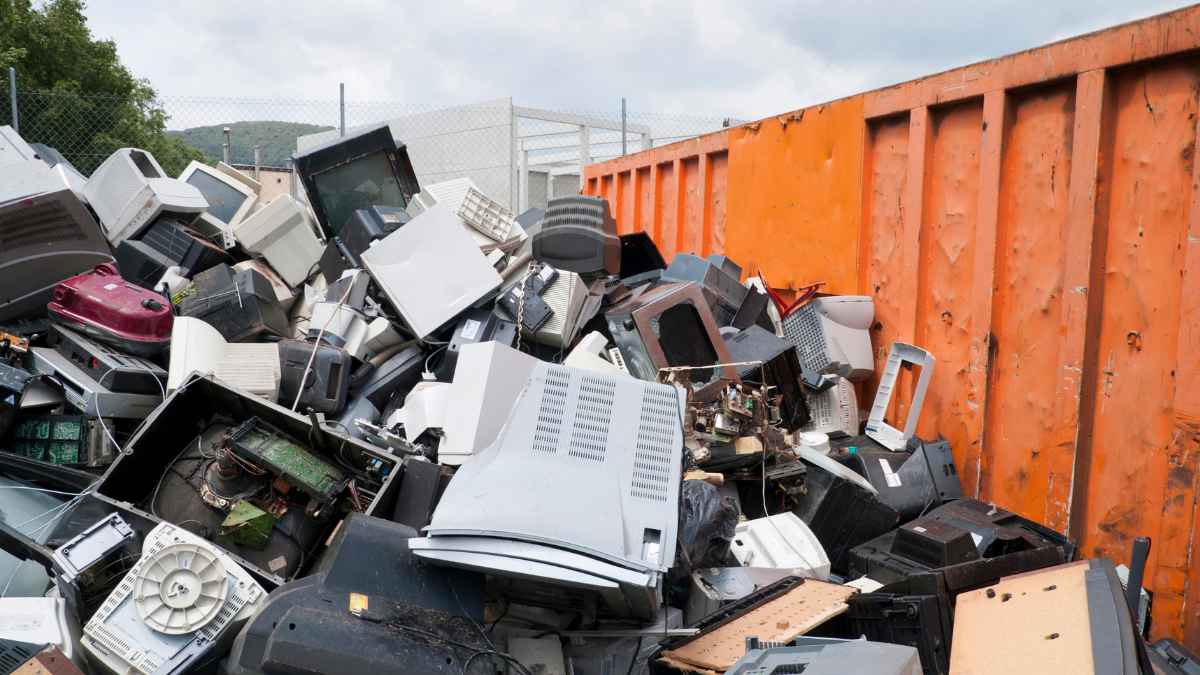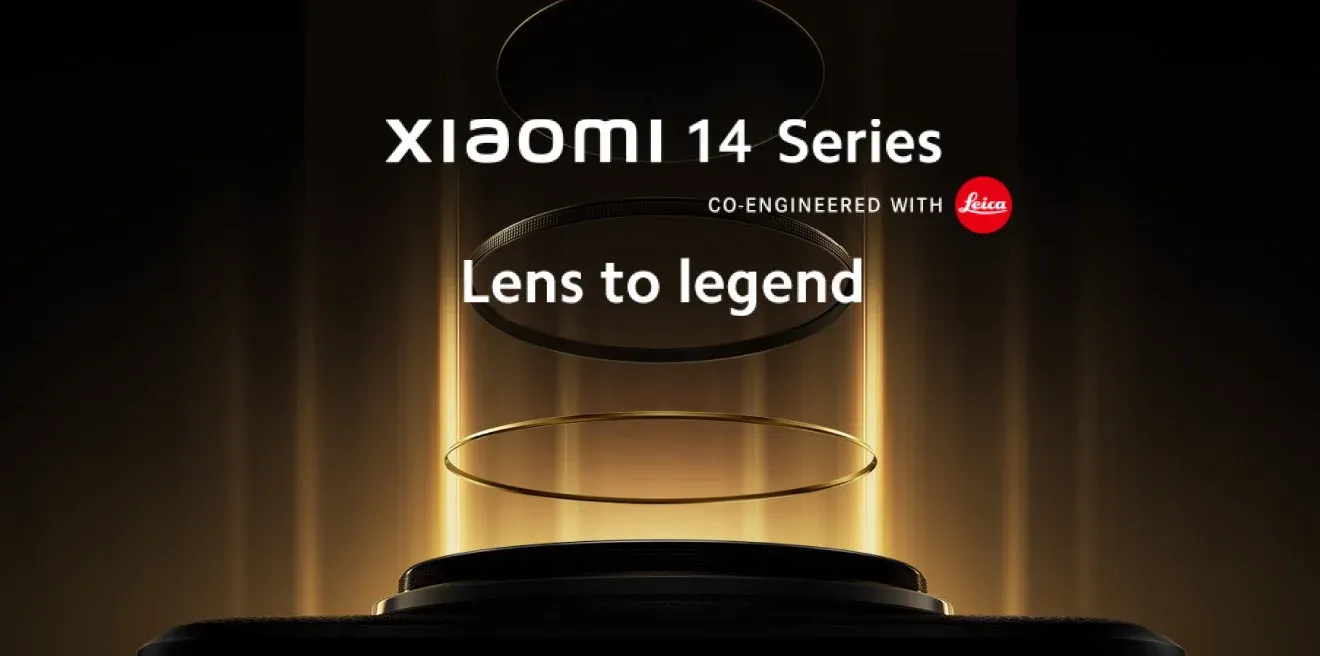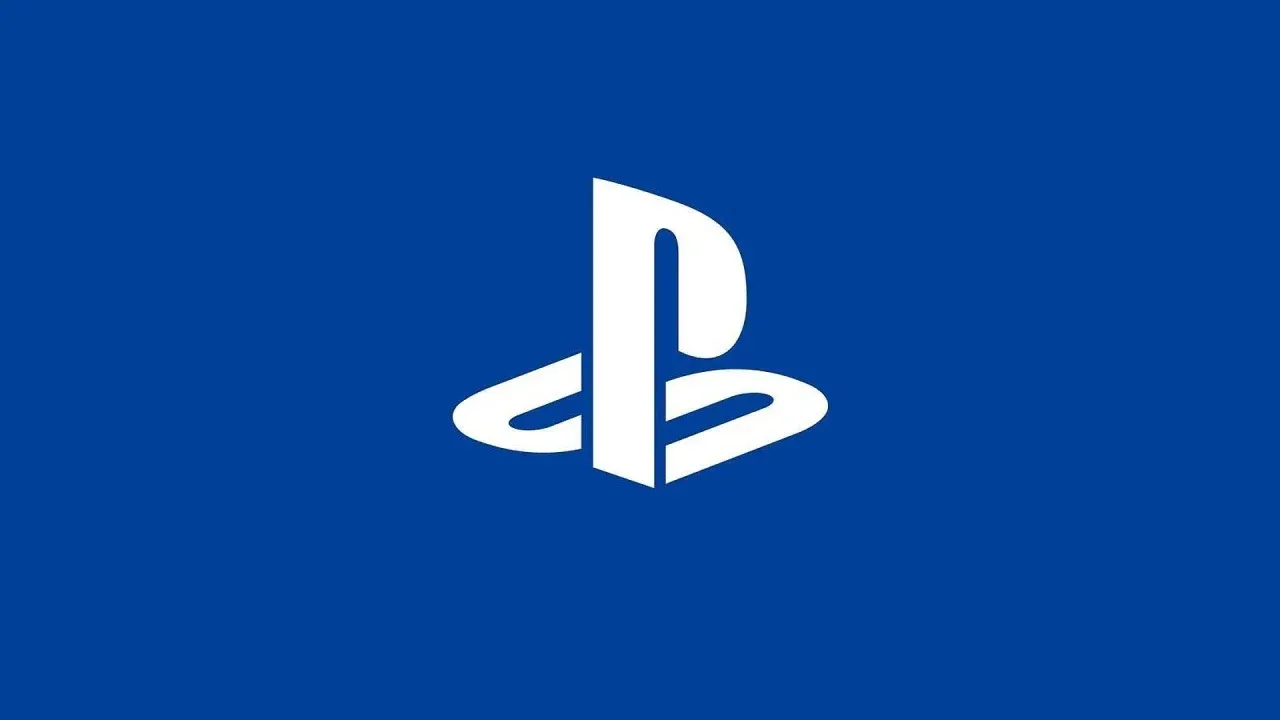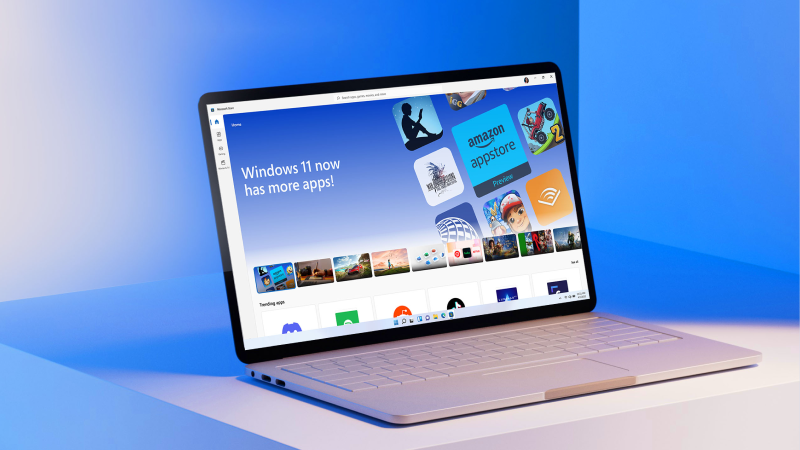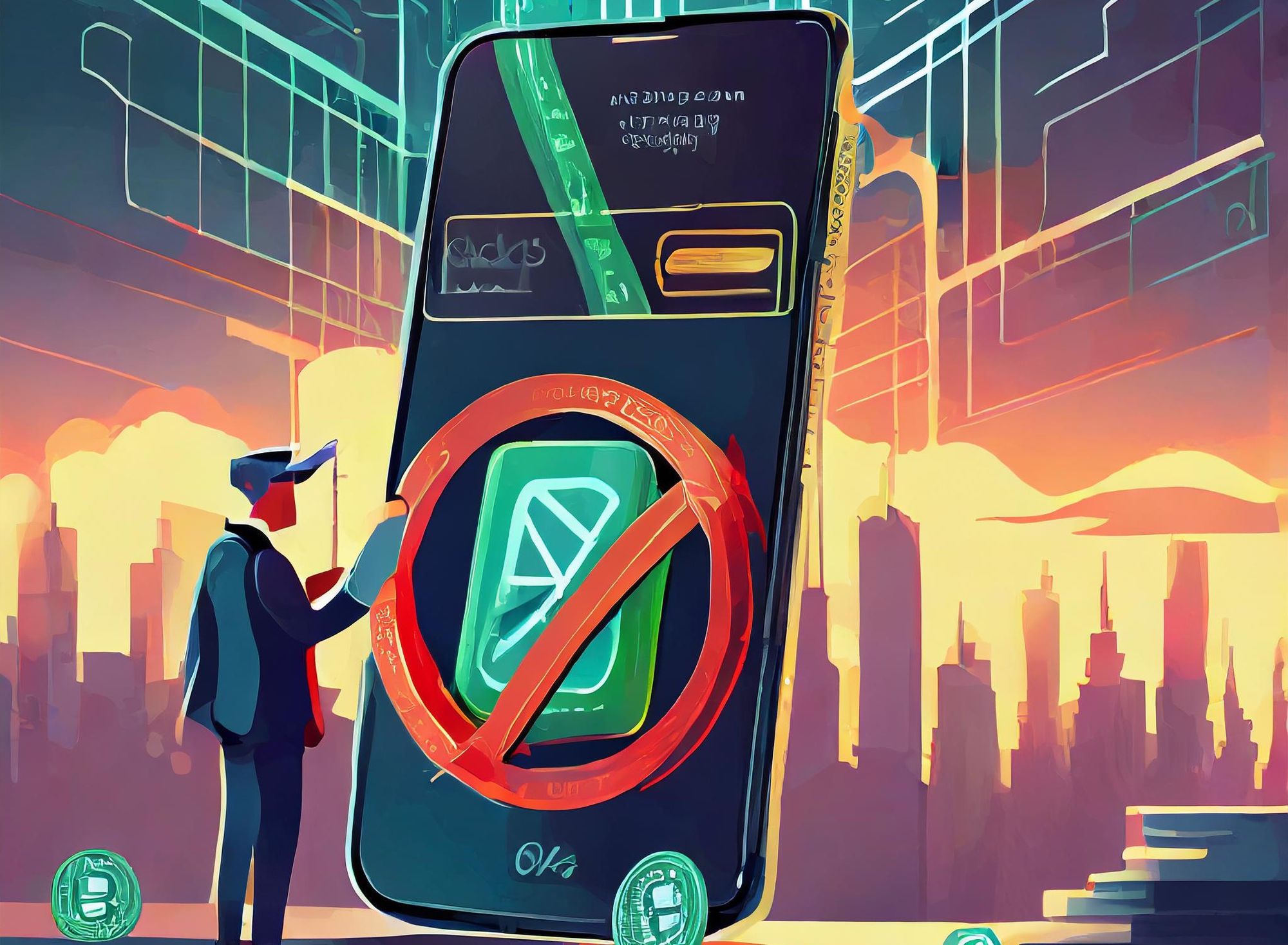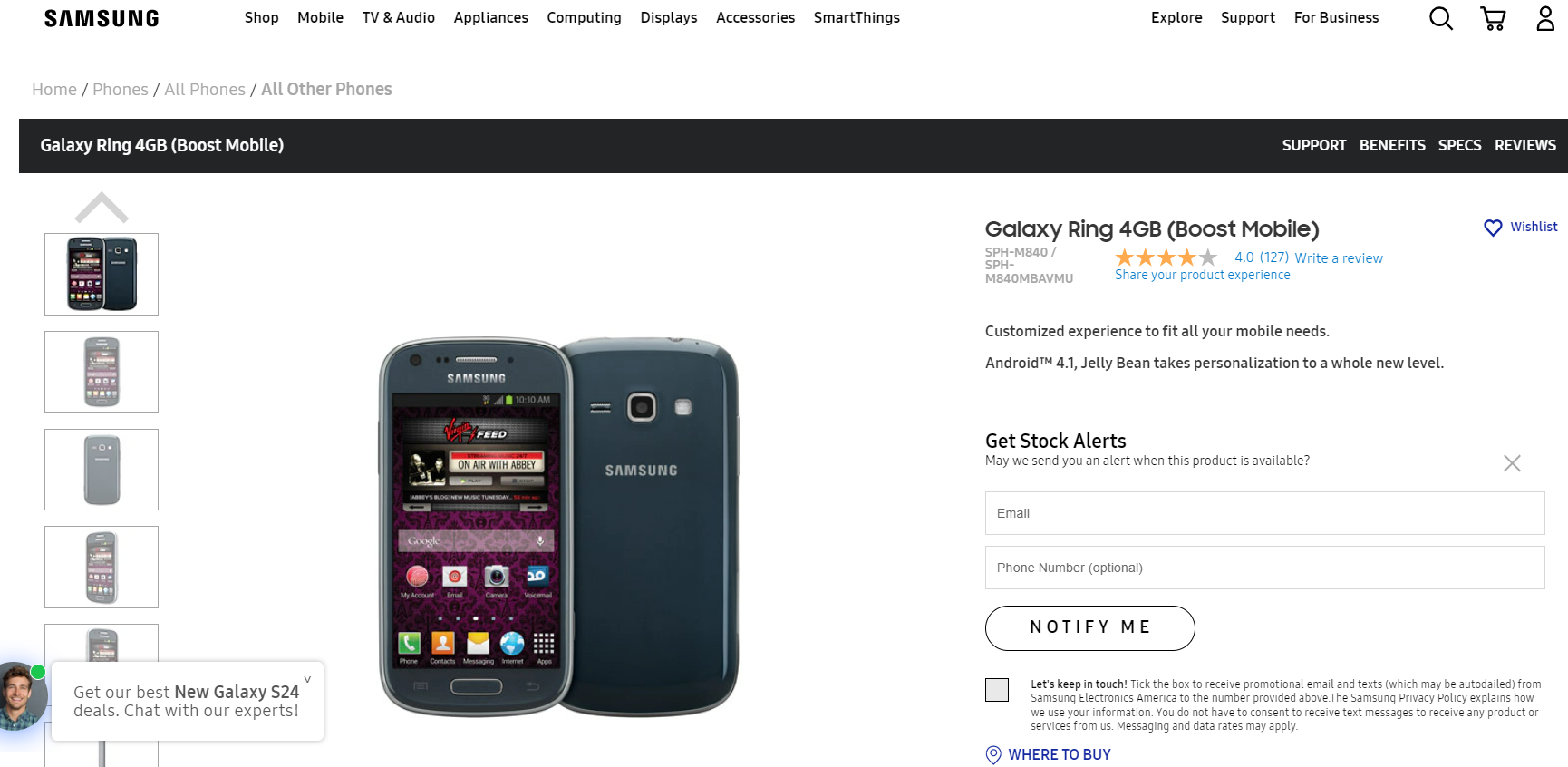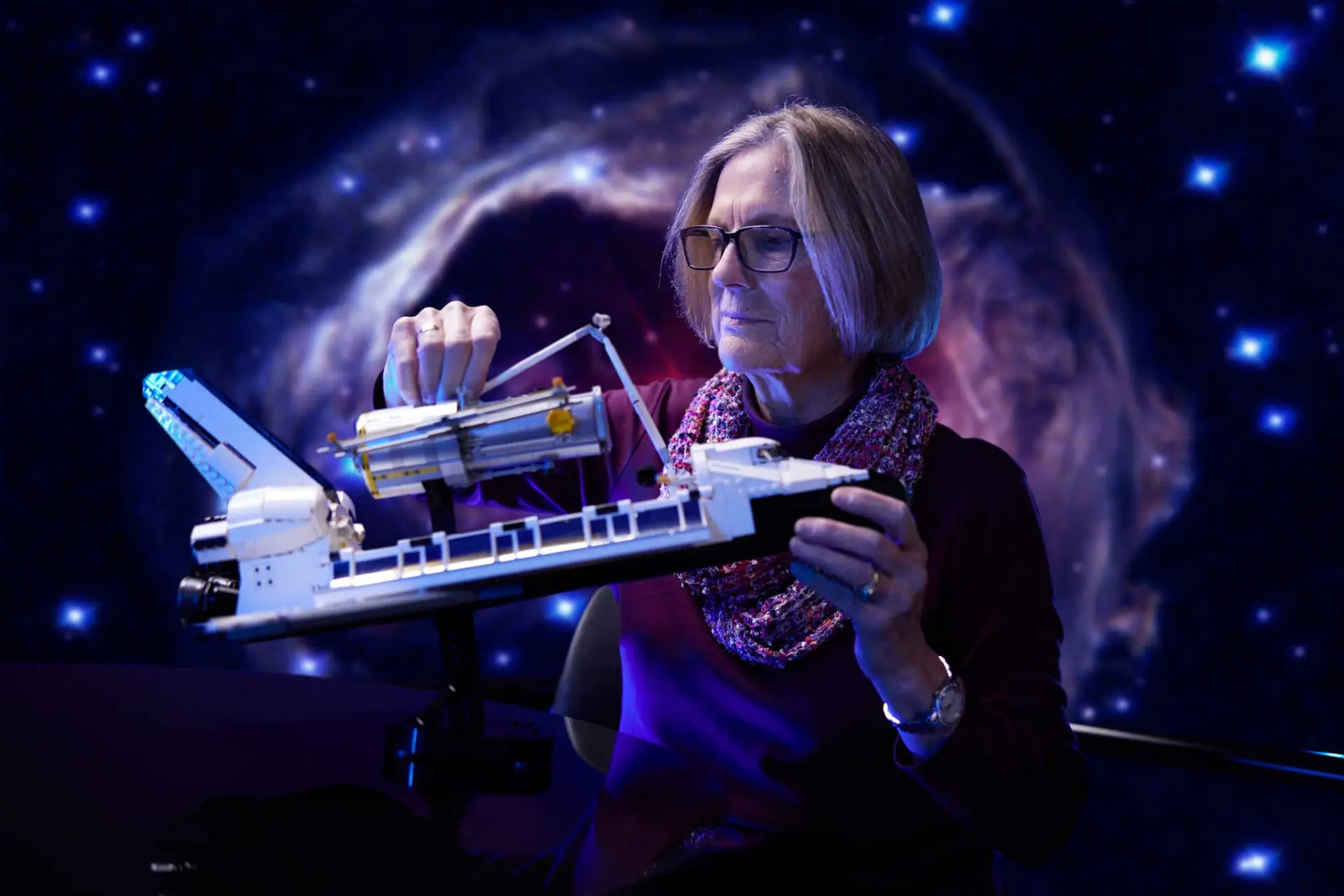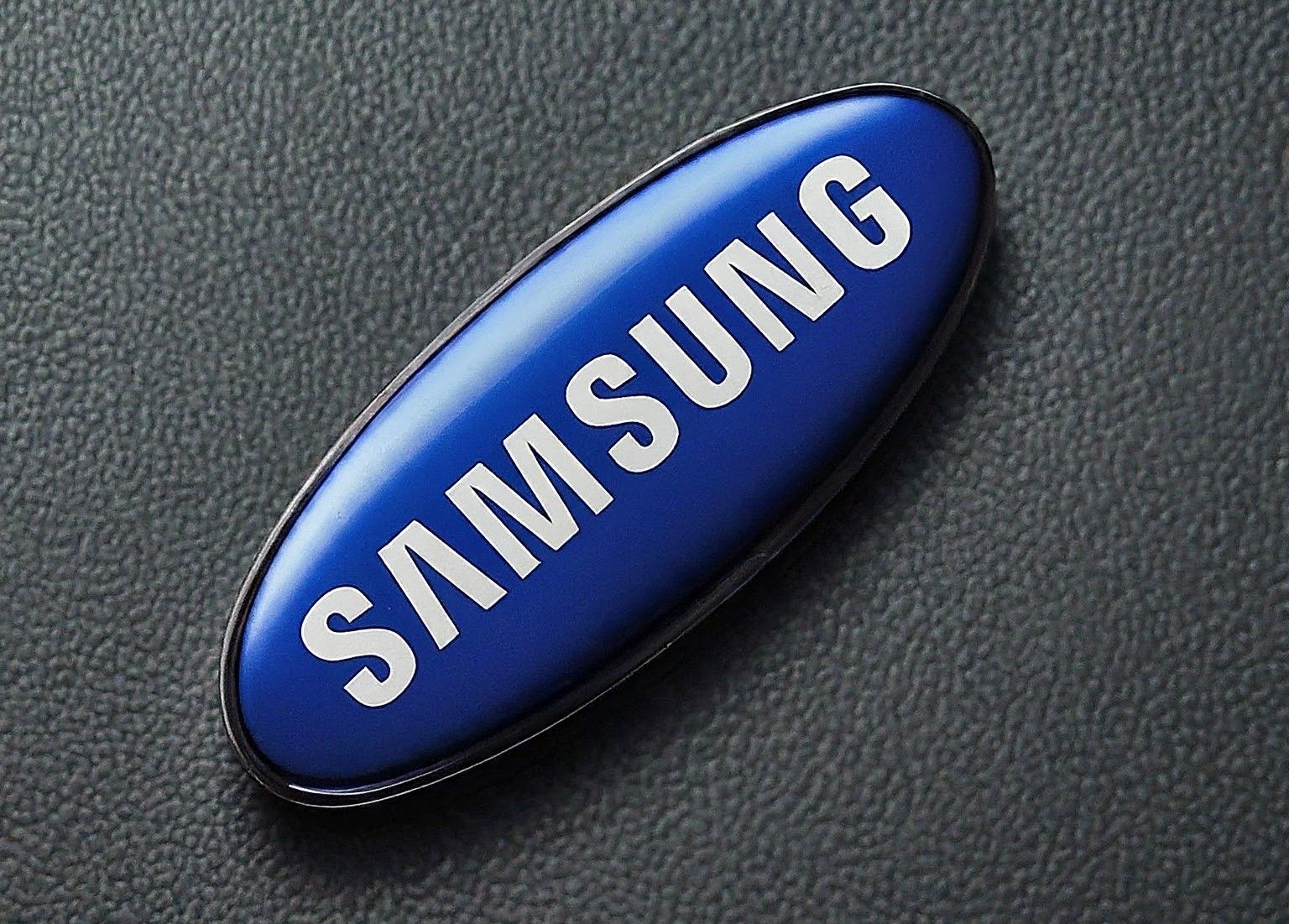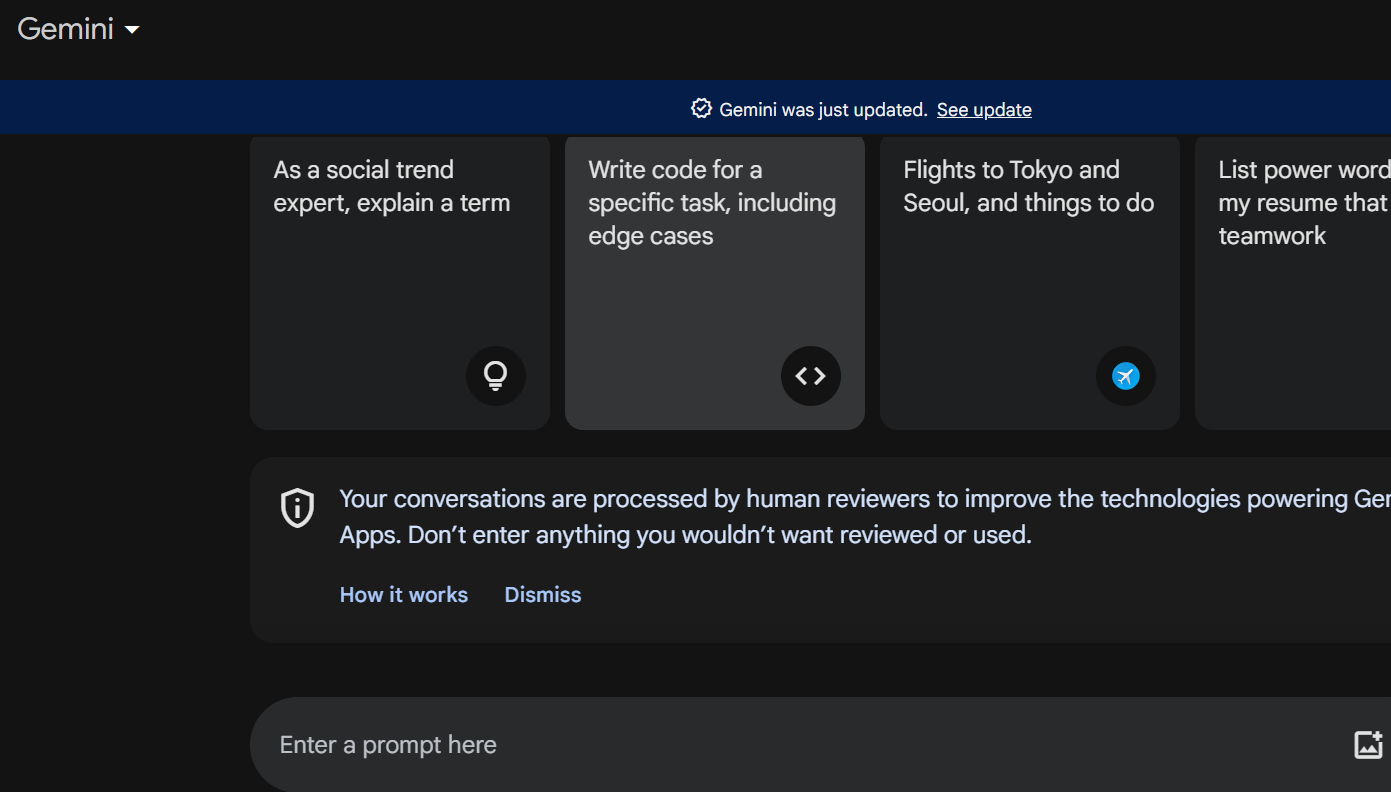Table of contents
Microsoft's recent announcement that support for Windows 10 will be phased down by October 2025 will pose a significant environmental problem. Around 240 million personal computers (PCs) may become obsolete, thus contributing to an increase in electronic waste.
According to Canalys Research, the electronic garbage from these PCs might weigh up to 480 million kg, the equivalent of 320,000 cars. Despite the probable usefulness of many PCs following the end of OS support, Canalys expresses concern about the low demand for machines lacking security updates.
This decision has far-reaching implications beyond the technology landscape, with environmental consequences looming big.
Source: 1
Source: 2
Microsoft’s Response to Environmental Concerns
In response to environmental concerns, Microsoft has announced a proposal to provide security upgrades for Windows 10 computers until October 2028, for an unspecified annual price. This action attempts to extend the life of Windows 10 devices while also reducing the environmental impact of the impending disposal of millions of PCs.
The pricing structure for prolonged Windows 10 support is critical since Canalys believes that if it follows previous trends, upgrading to newer PCs may be more cost-effective. This scenario could increase the amount of outdated PCs being scrapped, worsening the e-waste problem.
The end of Windows 10 support corresponds with Microsoft's plan to upgrade its operating system with Windows 11, which incorporates powerful artificial intelligence technology. While Windows 11 is prepared to enable a refresh cycle in the PC market, leaving Windows 10 behind could result in an environmental disaster.
An Environmental Disaster
The impending disposal of 240 million PCs, primarily due to incompatibility with Windows 11, presents a serious e-waste concern. Many of these PCs could be usable for years, but the lack of Microsoft support reduces their market appeal, perhaps leading to a boom of discarded devices.
Regarding the environmental impact, technological companies like Noveon Magnetics stress the significance of repurposing end-of-life computers. They point out that converting these computers into magnets can power sustainable technology such as electric vehicles and wind turbines, helping to fulfil the world's expanding demand for electricity.
However, the surplus of rare earth magnetic material waste continues to be a problem. Battery recycling companies like Redwood Materials emphasize the nearly limitless recyclability of batteries, which helps to recover important metals like lithium, cobalt, nickel, and copper.
While developments in recycling technology provide optimism, the issue comes in ensuring ethical disposal and recycling processes to reduce the environmental imprint of abandoned PCs.
Source: 3
Source: 4
Despite the possibility of many of these PCs continuing to function after Windows 10 support, demand for machines lacking security upgrades is projected to remain modest. Microsoft's promise to deliver security upgrades until 2028 represents an aim to extend these devices' functional lives.
However, the unspecified annual charge for this service may be a deterrent for many customers, potentially prompting them to upgrade to newer PCs. The volume of e-waste generated by the end of Windows 10 support emphasizes device producers' and operating system providers' obligation to optimize the useable lifespan of their products.
It is critical to incorporate durability, repairability, and recyclability into device design to facilitate a circular economy and reduce premature discarding.
Source: 5
Environmental Recap
Microsoft's decision to end support for Windows 10 presents both technological and environmental challenges. The potential disposal of 240 million PCs emphasizes the need for an industry-wide need to reduce e-waste and encourage sustainable IT practices.
As the IT sector grapples with this issue, cross-industry collaboration is becoming increasingly important to address the chronic problem of electronic waste.
